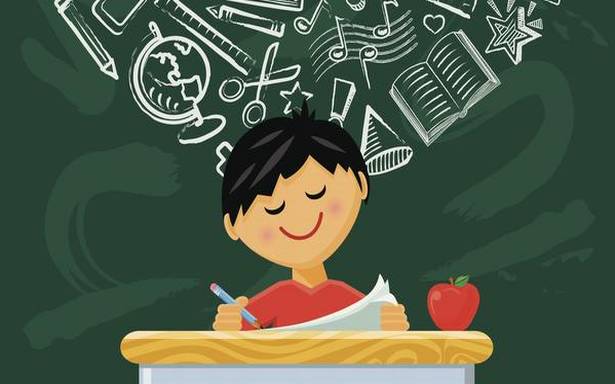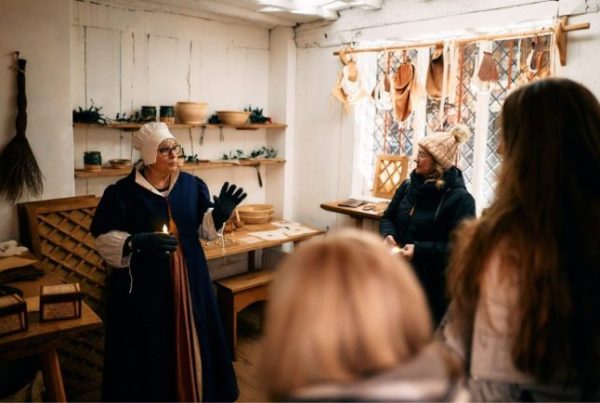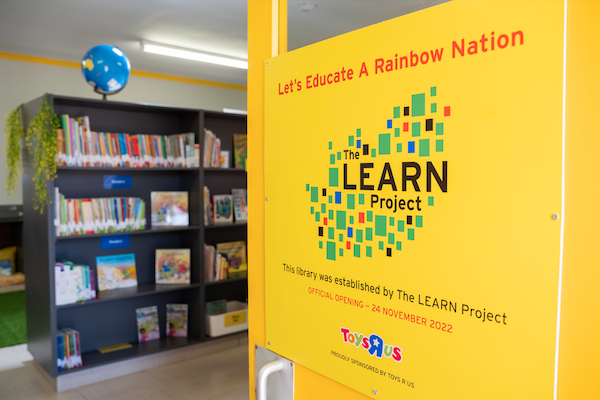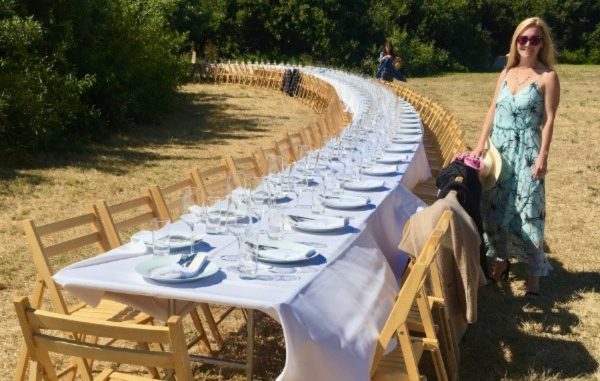We cannot prepare future generations with textbooks alone
On a recent trip to a small village outside the city, my friend’s little daughter screamed in delight when she saw a herd of brown cows. Curious, I asked if she hadn’t ever seen cows, to which she replied, “Yes, but never a brown one. My book says they are usually white and black.”
Experiential learning
It is safe to say that today there is consensus across all stakeholders that we cannot prepare future generations with textbooks or any online variations of textbooks alone. Learning that combines various methods, that also include textbooks, is the way forward. Learning beyond the textbooks that give a Gen-Z child an opportunity to experience and learn in a multi-sensory environment is necessary. Experiences that also engage senses such as speech, smell, touch and taste, make learning deeper, when compared to traditional forms that only include seeing and listening. My friend’s daughter understood more about Indian cattle and the ecosystem that surrounds them, in the half hour we spent in the field, than she ever did from her textbooks.
In addition to making learning multi-sensory, effective experiential learning also engages learners with real-world scenarios that help them contextualise their learning and understand the challenges in solving problems. So, while ‘going beyond the textbooks’ can often mean asking children to build a model or develop a project in a controlled and manicured environment, it doesn’t necessarily solve the purpose of learning. Effective experiential learning should ensure that children experience the real-world interactions, the limitations and pitfalls, the possibilities of new connections and new opportunities that come with a true immersion into the real world. So in many ways, simply going beyond textbooks is insufficient, what might be most effective is to go beyond the classroom as well!
It is important for us today to not just look at a learning model that goes beyond the textbooks, but to also seriously analyse the need, purpose and value of doing so. Often, the term experiential gets thrown around a lot by schools that focus overtly on being so without understanding the purpose of actually doing so. We see children who face an ‘application vacuum’ where they do random experiential activities without retaining much of what they learn. Parents too, tend to miss the point of why they want their kids to opt for programmes that ‘go beyond the textbook’ in a mad rush to blindly follow others. As two important stakeholders in the child’s development process, both parents and educators need to first understand the needs of the child, the purpose of a chosen experiential learning programme or activity before investing time, money and other resources into them.
A great education is one in which the child learns to observe, predict, understand, think critically and intensively and apply his/her education to solve challenges and contribute to moving society forward. That is how we will transform Gen-Z into a generation of solvers. It is not an over-reliance on any single method but a balanced amalgamation of varied learning methods that will get us there.
Source: Look beyond textbooks













